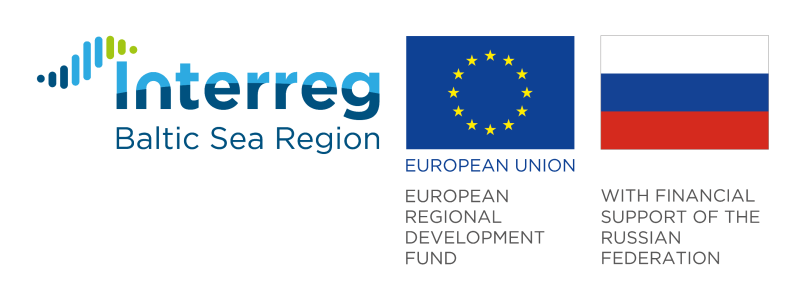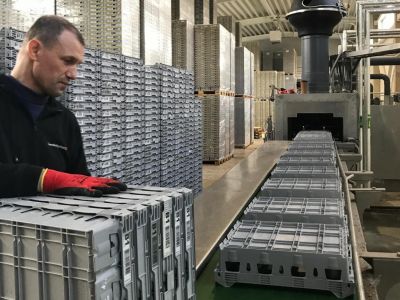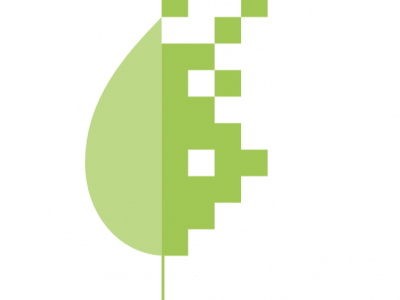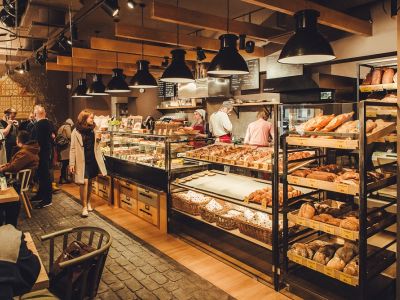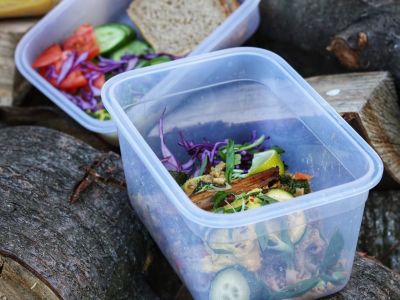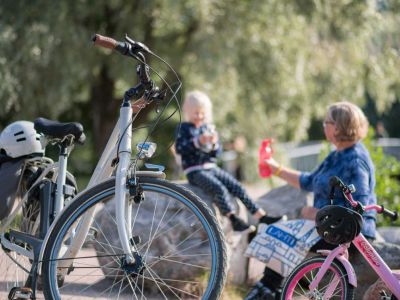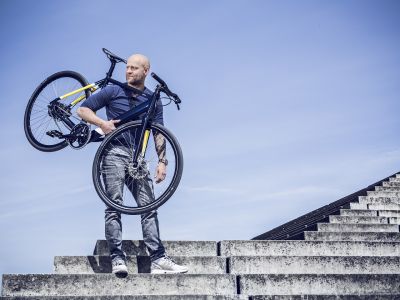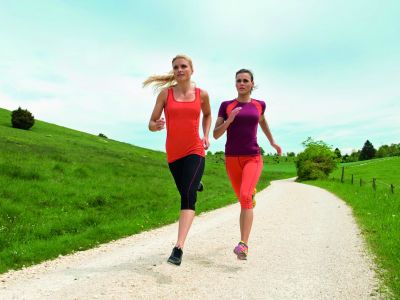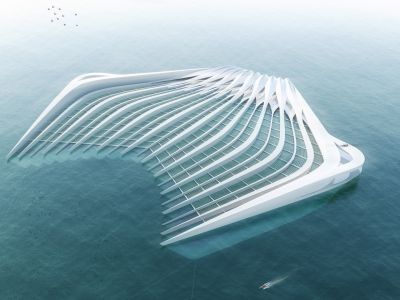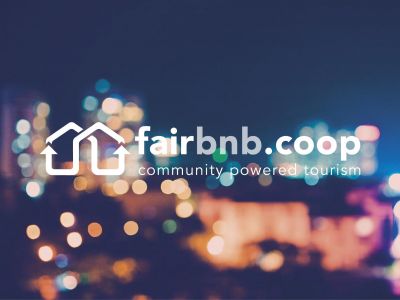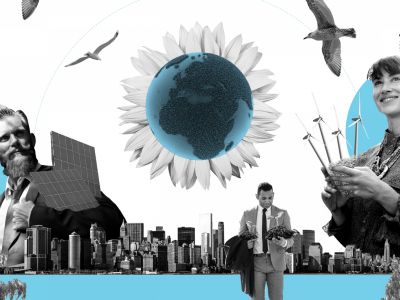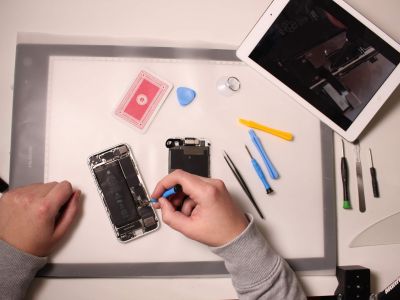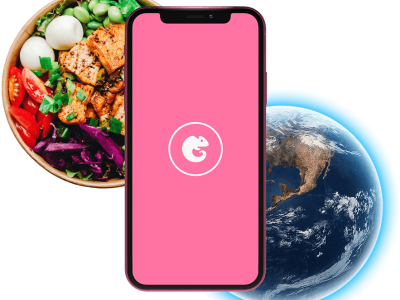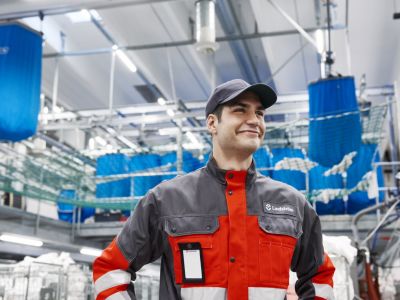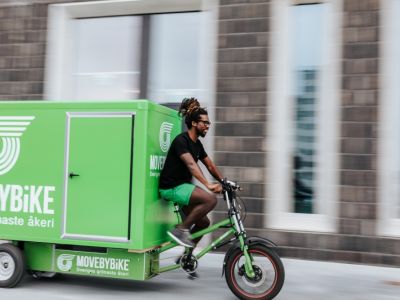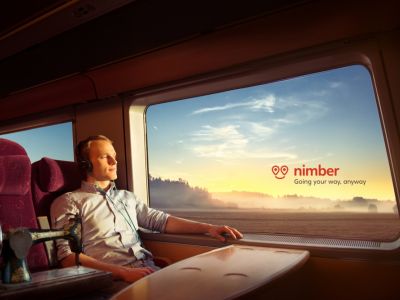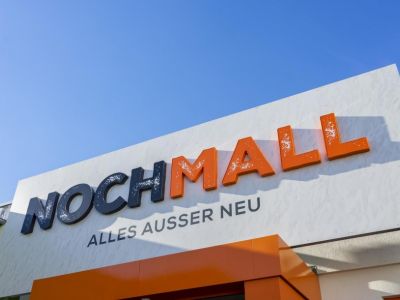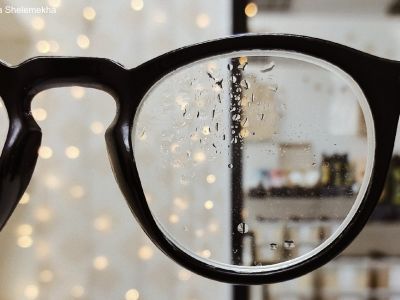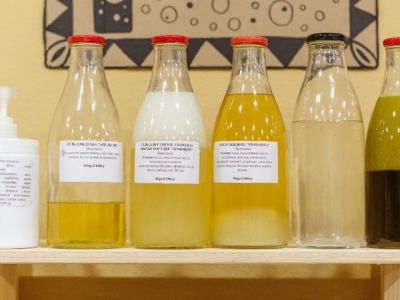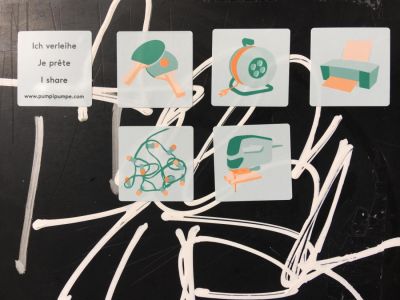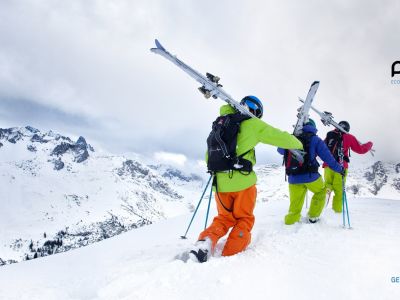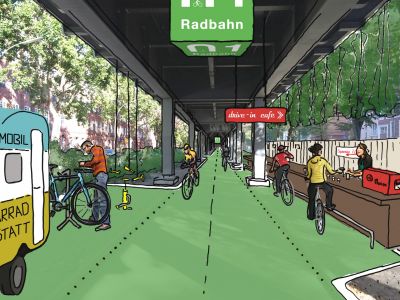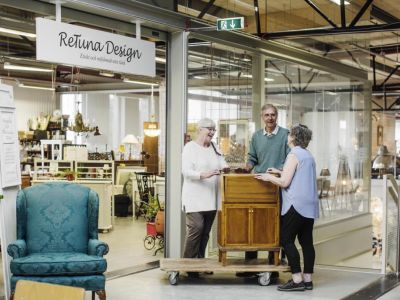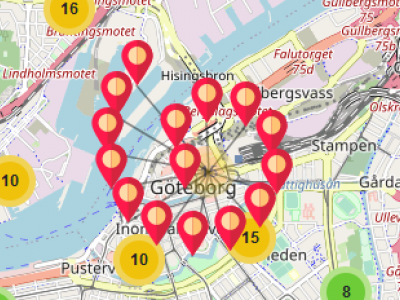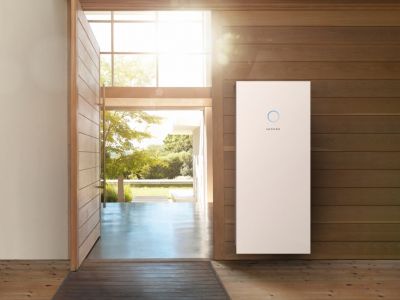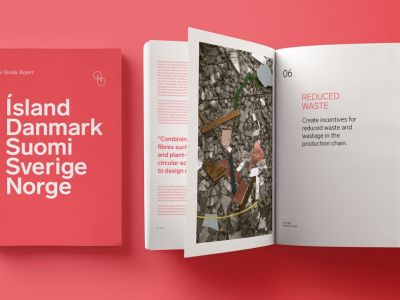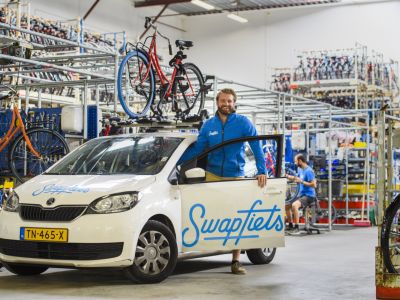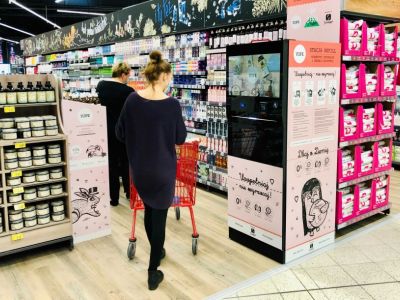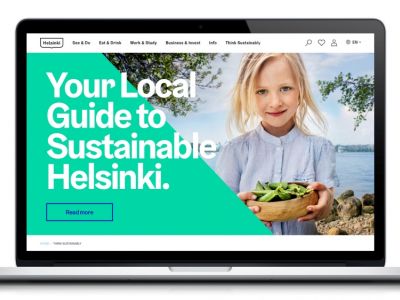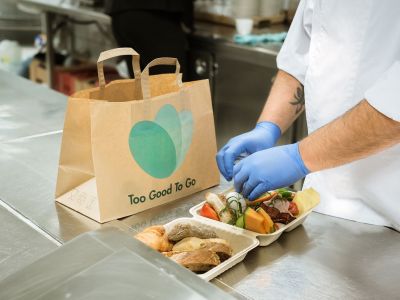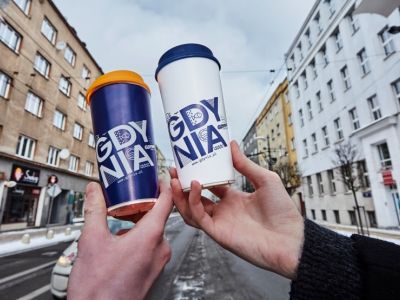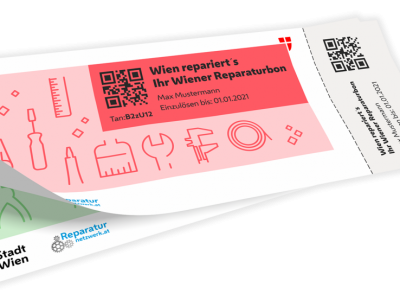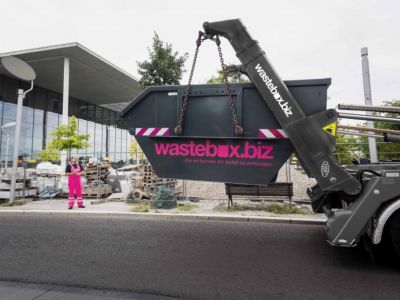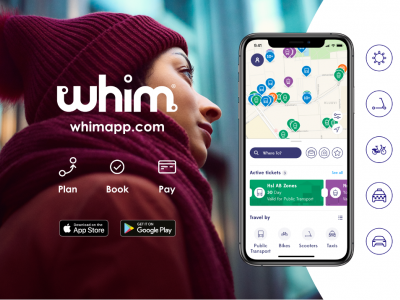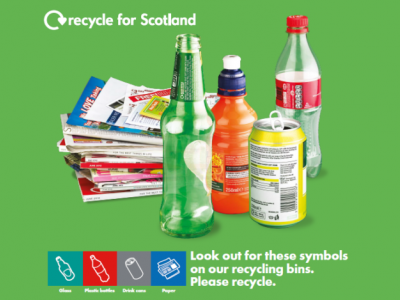![]() Policy & Cooperation
Policy & Cooperation ![]() Germany
Germany ![]() Triggering & Incentivising
Triggering & Incentivising
picture on top: WOLFGANGSON.COM
The encouragement of recycling is a central pillar of the corporate strategy of Berliner Stadtreinigung (Berlin Waste Management, BSR). With the second-hand department store NochMall, which opened in the summer, BSR intends to intensify its efforts in this area.
Unused furniture, clothing, electrical appliances, household goods, toys, books and much more are sold here in an area of over 2,000 square metres. However, NochMall is much more than a second-hand department store. It is also a place of experience for circular economy and waste avoidance and provides space for trendsetters, initiatives and companies to present their sustainable products in pop-up stores.
In addition, repair cafés and upcycling workshops are organised and events are hosted with pioneers from the reuse and environmental scene.
Up to 17,000 cubic metres of bulky waste and other material flows are recycled by the new second-hand department store each year. This saves annually up to 4,000 tons of CO2. In addition, around 20 new permanent jobs were created, including low-threshold positions.
Interview with Frieder Söling, Managing Director, NochMall.
NochMall is a project of Berliner Stadtreinigung (BSR, Berlin Waste Management), a service company of the federal state of Berlin. With appx. 6,000 employees it is one of the largest employers in the region. BSR fields of activity include general city cleaning, waste management and winter services, as well as addressing the issue of circular economy.
Why did you start to develop and introduce this initiative?
The project is not entirely new – in the 1990s, BSR opened a second-hand department store where goods from bulky waste were sold. After five years, however, the department store was closed due to its high costs. This was followed by the development of the online platform Verschenk- und Tauschmarkt Berlin, which still exists today. In the end, the decisive factor for the current NochMall project was the significant goal, “Zero Waste City Berlin”, of the red-red-green coalition, which has been governing Berlin since 2016.
In 2018, we therefore carried out a pilot project and collected used goods separately for weeks. As a result, we realised that the existing structures were not sufficient to distribute the quantities of collected goods. There was a lack of logistics and transport, but also of space and personnel. So last year we developed a new concept and finally founded NochMall GmbH as a subsidiary of BSR, which opened on 8 August, 2020.
What is your vision and what do you want to achieve?
The focus is, of course, on the idea of extending product life cycles by reselling and thus saving resources. As a result of the almost 17,000 m³ of bulky waste and other material flows that we reuse, up to 4,000 mg of CO2 per year can be avoided. On the whole, however, it‘s about more than that – with NochMall we want to create a place of experience for circular economy and waste avoidance. With activities and events, such as expert dialogues, the awareness for sustainable consumption shall be strengthened. Start-ups can also test out their product range in pop-up stores. And above all, the NochMall is a platform for people to meet and is thus consciously designed by integrating a café and areas for workshops.
Besides that, we are currently exchanging ideas with Fashion Week and discussing providing space for factory shows of sustainable collections in the coming season. To put it in a nutshell, the overall concept is therefore quite relative, so that the department store can be reinvented again and again over time.
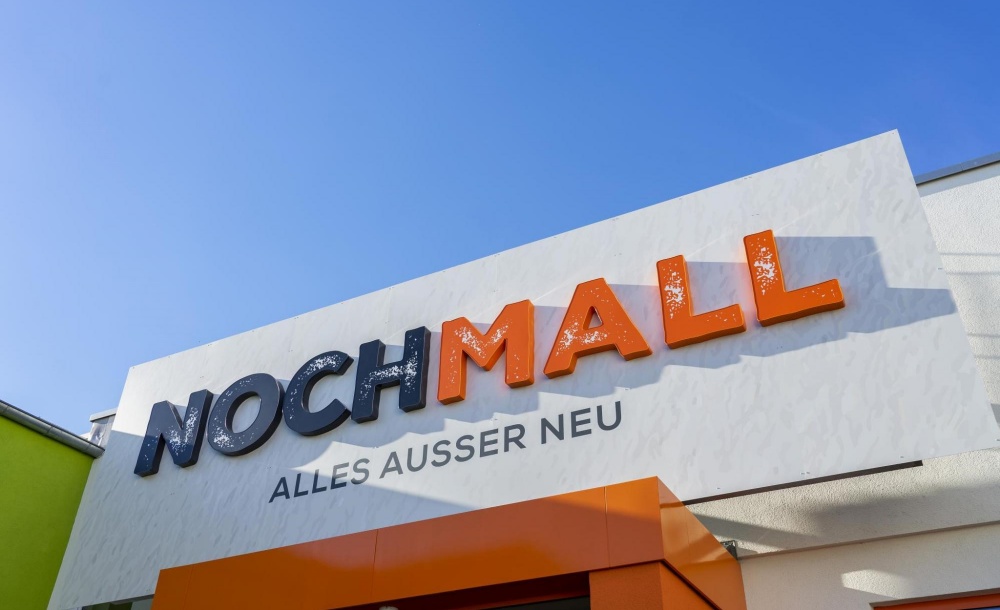
picture: WOLFGANGSON.COM
Who does your project address? How are the target groups involved?
Our target group is colourful and diverse, for instance a mixed clientele with different socio-economic and psychographic characteristics. With the department store, we want to reach the socially weaker as well as the sustainable-thinking and one-off seekers. By offering upcycling and sewing workshops or auctions, we want to actively involve visitors in the process. Following on our educational programmes, we additionally have a cooperation with the adult education centre in Reinickendorf.
Is the model transferable, and if so, what tips can you give others?
The concept is transferable, but must, of course, be adapted to the respective circumstances. The available space, the condition of the building as well as the surroundings play an enormous role. It was particularly important to us that the rooms are bright, clean and spacious, and that it smells good. This is probably also an important distinguishing feature compared to other used goods department stores in Germany. And finally, our customers also notice this, and that is our goal. The customers should like to come here, not only because of the lower price. This is probably one of the most important elements to be successful in this sector.
What influence does NochMall have on circular economy? What role does sustainable design play for BSR?
In its corporate strategy, the BSR has firmly established the promotion of reuse as an important measure for waste avoidance in accordance with the five-step waste hierarchy of the Kreislaufwirtschaftsgesetz. NochMall was created to further develop this guiding principle at various levels. By reselling our products we make an active contribution to keeping them alive longer. On the other hand, we want to give more importance to the topic of reuse in Berlin with our educational programmes and we want to reach new target groups. And we offer new structures that are not yet available locally.
In your opinion, what role does digitalisation play for a circular economy? Are you planning anything in this direction?
I think digitalisation has a big impact on circular economy. Not in direct connection with NochMall, but at BSR we are currently planning to initiate a reuse portal. With such a platform we want to get more reach and cover things that can be better coordinated digitally. In this way we can also imagine integrating links to existing portals, like eBay or Vinted. Besides the possibility to buy things, a rental and repair service should also be offered. Offers from larger companies that want to part ways with their office furniture are also welcome.
The whole system should also be very user-friendly, with a user interface that is fun to use. We do not yet know how far we will go into online trading with our department stores. Due to the current situation, we have stopped our events and are thinking about how we can be present online. For example, we thought about uploading upcycling instructions to encourage reuse during this time.
If you had extraordinary powers for one day, what would you change first and why?
It is important that product standards are modified to ensure that only sustainable products are produced. This would include durability, reparability, banning the use of certain pollutants, and much more. It would also be desirable for the repair service to become more attractive through appropriate framework conditions. For example, by reducing VAT on repairs. Products that are more sustainable, more durable and of higher quality are of course also more expensive – the government should react to this too, so that this does not represent a barrier anymore. But return systems must also be optimised. Good pioneers are manufacturing companies that offer a complete service, such as also taking care of the return of their products. And overall, the service concept must be expanded much more strongly, so that there is less need to produce as much overall.
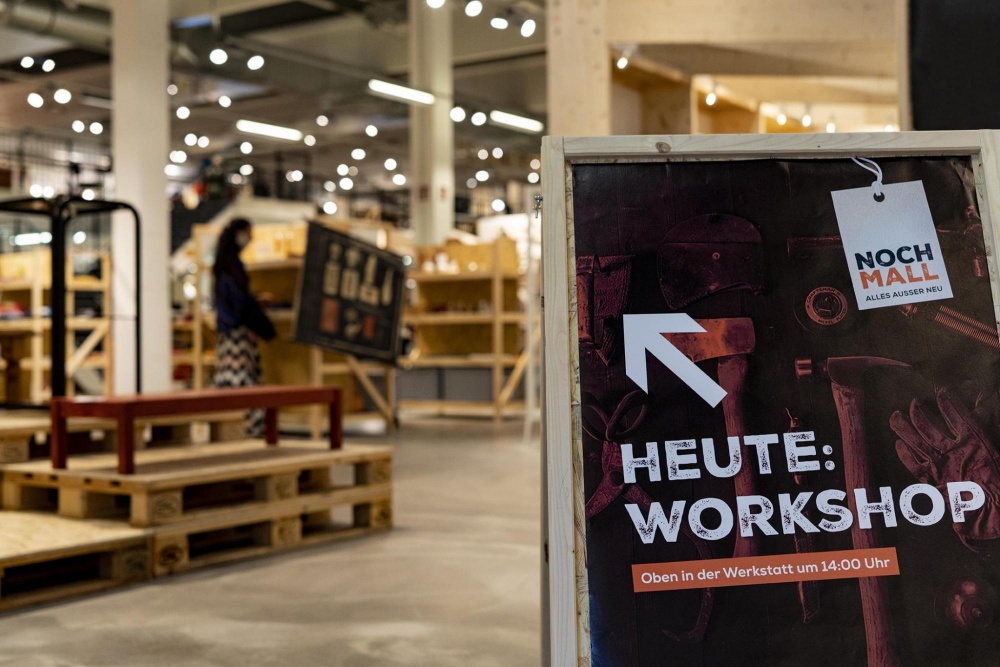
picture: WOLFGANGSON.COM
What are you particularly proud of in terms of your initiative?
We are glad about what we have created so far. The department store is overall harmonious and creates a pleasant atmosphere. Thanks to our operations manager, who originally also comes from the retail trade, and with this background planned everything very carefully in advance, we have had a really good and professional start. We are also very proud of the praise and the positive feedback from our visitors, which shows that it was worth the effort.
What is your key message?
Our project is innovative because it is not only a department store, but also a place of and for experience. NochMall is a place of education, exchange and meeting, and offers a physical platform to interested consumers and actors.
START OF THE INITIATIVE

On 8 August, 2020 in Berlin.
LOCATION

Berlin, Germany.
MISSION

Getting Berliners excited about waste avoidance, reuse and upcycling.
TARGET GROUP

All Berlin citizens: people with little money, people who want to protect resources, people who are looking for a unique item or a special gift.
MOST INNOVATIVE ASPECTS

NochMall is friendly, tidy and clean. Visitors praise the design and atmosphere of the mall without having the feeling that you are in a second-hand department store. Our upcycling workshops and cooperation with start-ups that can present and test sustainable products are also innovative. Moreover, we are not fixed where the journey should go – ideas and impulses from third parties are always welcome.
DIGITAL OFFERS

The service is not yet offered digitally, but we are planning digital workshops, instructions for the production of upcycling products, digital auctions and selected online offers of unique items.
A FEW NUMBERS

2,000 m² sales area.
About 10,000 items and 900 clients per day.
Avoidance of 4,000 tons CO2 per year.
Opening hours from Monday to Saturday from 10:00-18:00.

